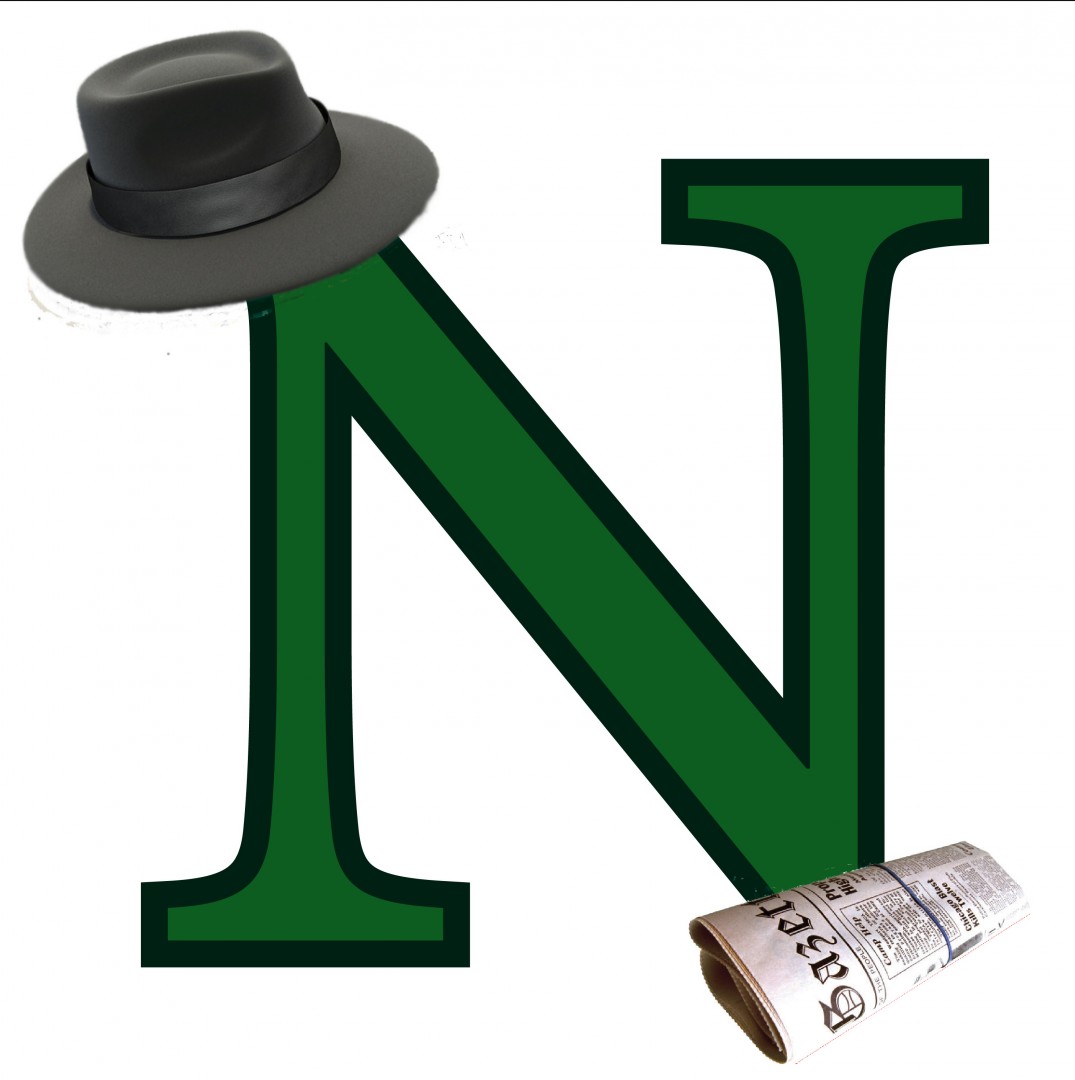Two representatives from the Denver Justice and Peace Committee (DJPC) spoke to a group of over thirty students, faculty and community members about Newmont Mining Corporation last Wednesday in Korbel’s Cyber Cafe at 5 p.m., saying Newmont Mining Operations continue to be inhumane and should be protested.
Jerry Stookey, DJPC’s Director of Program Services, said that DJPC is a grassroots organization dedicated to human rights and lasting peace in Latin America. One of the organization’s focuses is on Newmont Mining Company, which is based out of Denver and has gold mining operations worldwide.
Last year, the Clarion reported (Occupy denounces Daniels corporate donor by Sarah Ford, May 21, 2012) on student group Occupy DU’s call to students and university faculty for a change in the university’s relationship with Newmont Mining Company. According to the article, Occupy alleged Newmont Mining to be one of the top sponsors of the Daniels College of Business. In the article, DU also awarded former Newmont CEO Wayne Murdy its International Bridge Builder Award in 2007, sparking protests at the time.
The DJPC representatives said that many of the problems people saw in 2007 with Newmont are still occurring today.
Stookey focused on the human rights violations committed by the mining corporation and gave a handout to members of the audience outlining “mining concerns” that DJPC has about Newmont’s operations. Some of these included: “ground water pollution through the use of cyanide to extract gold” and “use of private security force (FORZA), which violates human rights.” Stookey also said indigenous people are being convinced to give up their land without knowing what will happen to it.
“Mining often destroys sacred land and spiritual sites,” Stookey said.
Kevin Szewc, a DU alum in Environmental Policy and representative of DJPC, said the pros of Newmont mines in Latin American communities are economic growth and development in the countries where the mines exist, in addition to the creation of new jobs, although he said those jobs are usually temporary. He said the cons of Newmont presence include health dangers, violence, water pollution and cultural disruption.
“It’s impossible for an operation of this size to prevent contaminants from entering streams,” Szewc said.
He cited specific examples of mercury and cyanide poisonings in people living in places close to the mining sites, including a case at a Newmont mine in Peru. Szewc said governments are overlooking issues like tainted water supplies resulting from the mining operations in order to get the profit from the mines.
“Imagine having to choose between water and gold,” said Szewc.
In addition, Szewc said that mining often destroys sacred and natural lands. He pointed to the high price of gold in the global marketplace as the reason Newmont’s negative activities have been allowed to continue.
Stookey explained DJPC’s current recommendations concerning Newmont mining, including stopping mining on sacred land, ending human rights abuses, banning the use of dangerous chemicals and giving regional governments more authority to express the will of the people.
He called for attendees of the event to “help spread the word” about Newmont Mining Company as well as be conscious consumers of gold. Finally, he encouraged attendees to host an event, lobby their senators or congressmen or organize protests until Newmont Mining aligns with DJPC’s recommendations.
“We’re not anti-mining, but there must be a better way to do this,” said Stookey.











